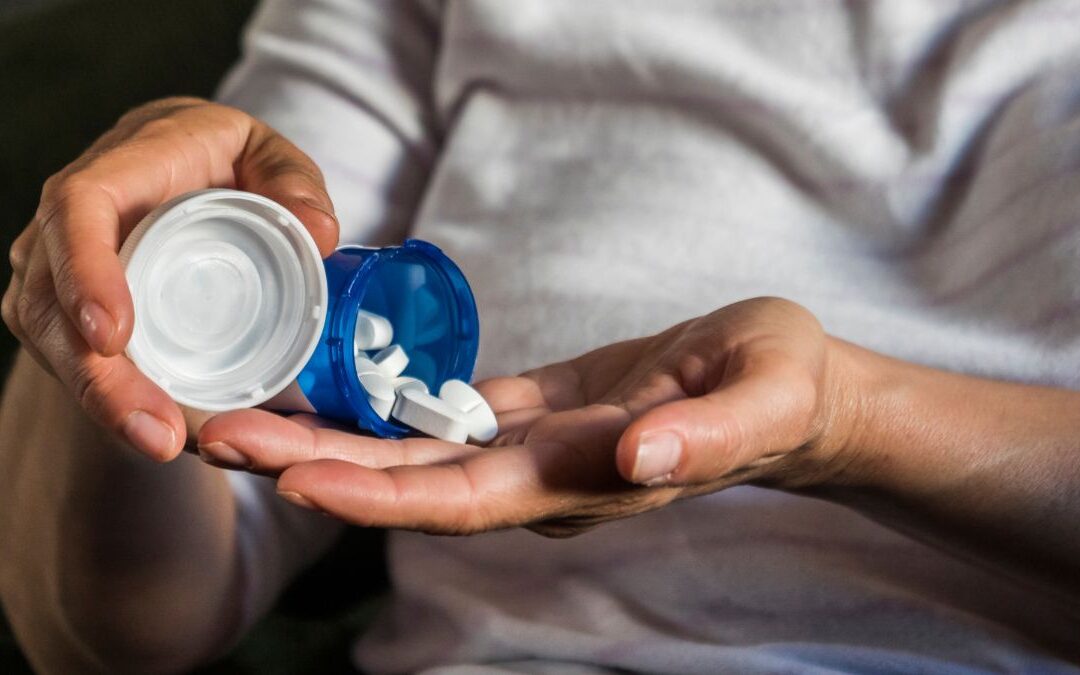How to Properly Take Your Medications: A Guide to Medication
Taking your prescribed medications correctly is crucial for achieving optimal health outcomes. Medication adherence refers to following the prescribed dosage, timing, and frequency of your medication regimen. Failing to take medications properly can reduce their effectiveness and even lead to dangerous side effects. Whether managing a chronic illness or recovering from a short-term condition, following prescription guidelines is essential for treatment success.
Why Medication Adherence Matters
Medication adherence ensures that the prescribed treatment works effectively. Skipping doses, taking too much, or stopping medication prematurely can lead to drug resistance, delayed recovery, or worsened symptoms. For people managing chronic conditions like high blood pressure, diabetes, or asthma, following a medication regimen can prevent serious health complications, including heart attacks, strokes, and diabetic crises.
Common Medication Mistakes
Common errors include:
– Missing doses or taking the wrong amount.
– Mixing medications with alcohol or other substances that can cause adverse interactions.
– Taking medications on an empty stomach when they should be taken with food (or vice versa).
Patients should always follow the specific instructions provided by their healthcare providers. In some cases, certain medications may require periodic monitoring of blood levels to ensure they’re working effectively.
Tips for Medication Management
To avoid missing doses, consider using a pill organizer or setting alarms on your phone. Keep a medication list handy with the names, dosages, and frequencies of each prescription. This list should also be shared with your healthcare provider to avoid any potential interactions. Some pharmacies offer automatic refill services or text reminders to help you stay on track.
If you experience side effects or have difficulty managing multiple medications, consult your doctor or pharmacist to adjust the plan. Never stop taking a medication without medical advice, as this could worsen your condition.
Medical Disclaimer: The content provided in this article is intended for general informational and educational purposes only and should not be construed as medical advice, diagnosis, or treatment. The information presented is not a substitute for professional medical guidance, diagnosis, or treatment from a licensed healthcare provider. Always seek the advice of your physician or qualified healthcare provider with any questions you may have regarding a medical condition, and never disregard professional medical advice or delay seeking it because of something you have read in this article.
The author and publisher of this article make no representations or warranties concerning the accuracy, applicability, or completeness of the content provided. Any reliance you place on such information is strictly at your own risk. This article is provided “as is” and without any warranties of any kind, either express or implied. The author specifically disclaims responsibility for any liability, loss, or risk, personal or otherwise, incurred as a consequence, directly or indirectly, from the use or application of any of the content herein.
By reading this article, you acknowledge and agree that no physician-patient relationship is established between you and the author. The author is not liable for any actions taken based on the information in this article. If you think you may have a medical emergency, contact your doctor, go to the emergency department, or call emergency services immediately.
